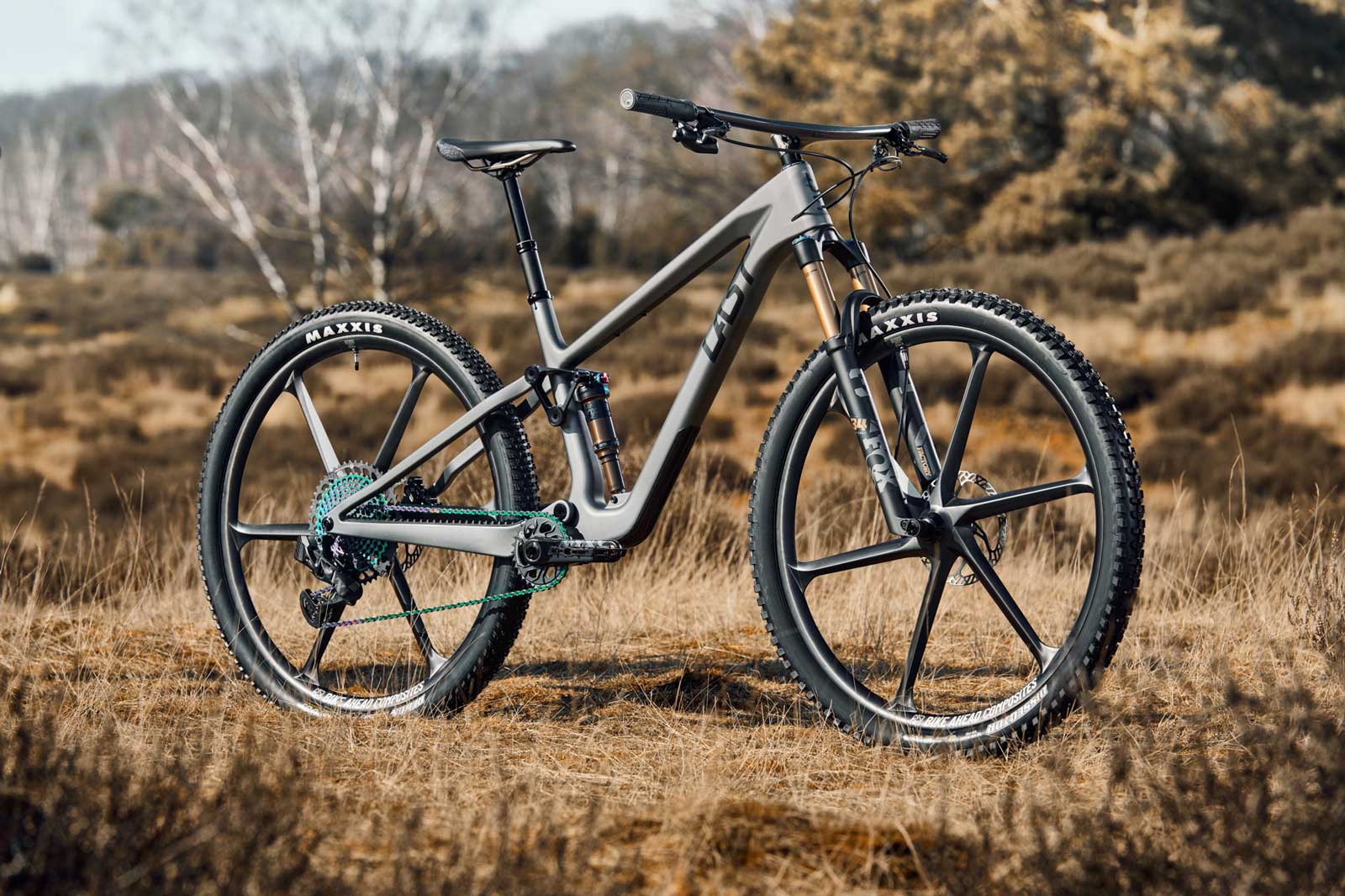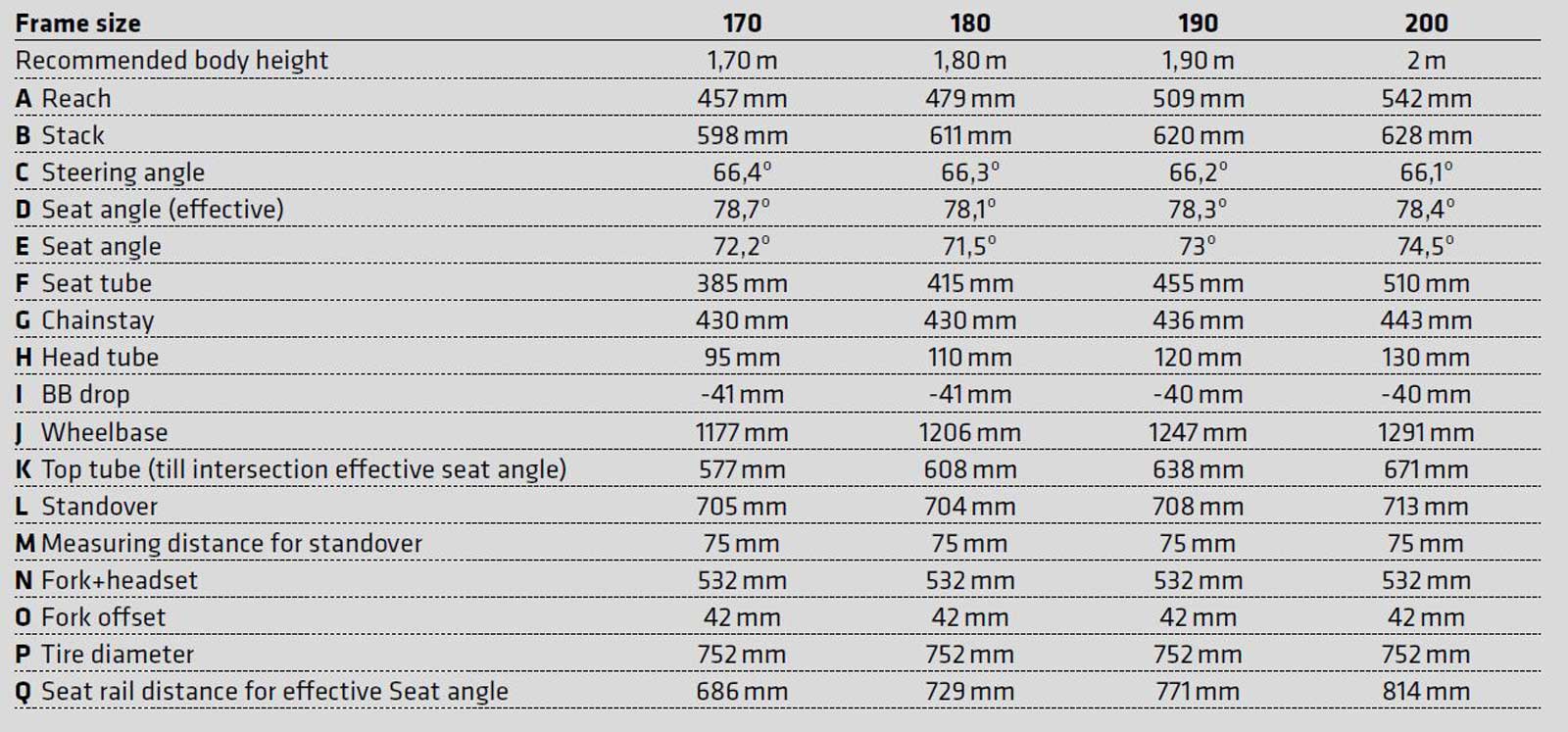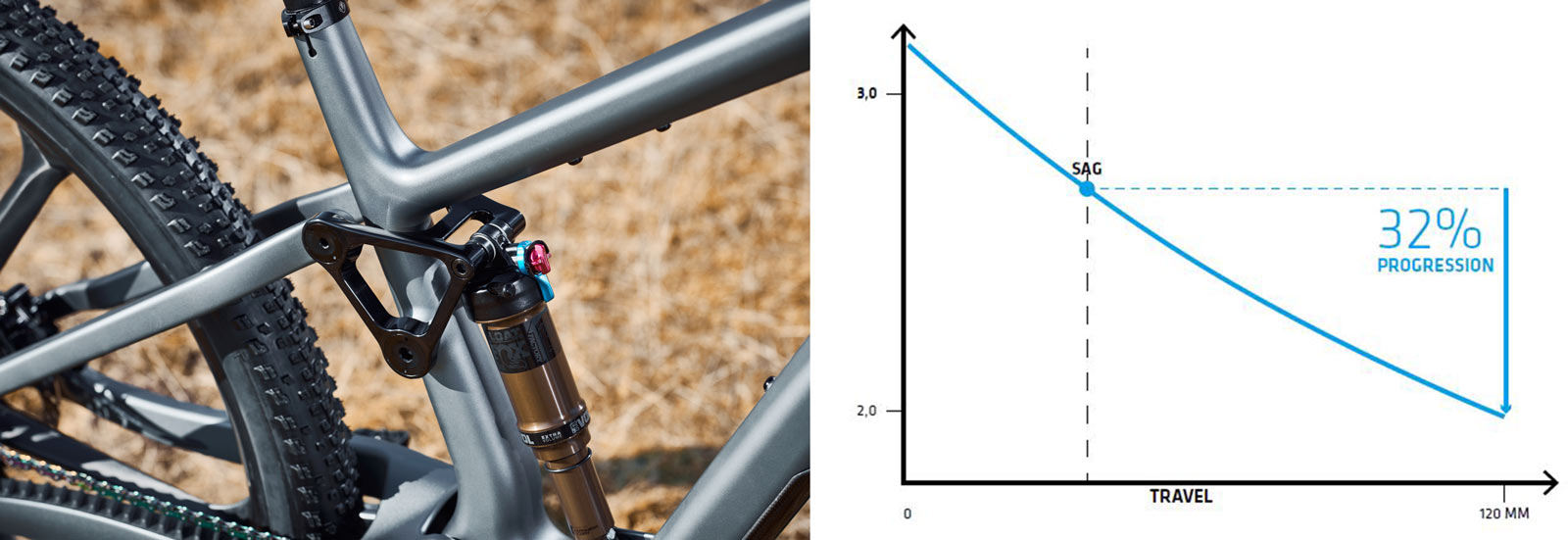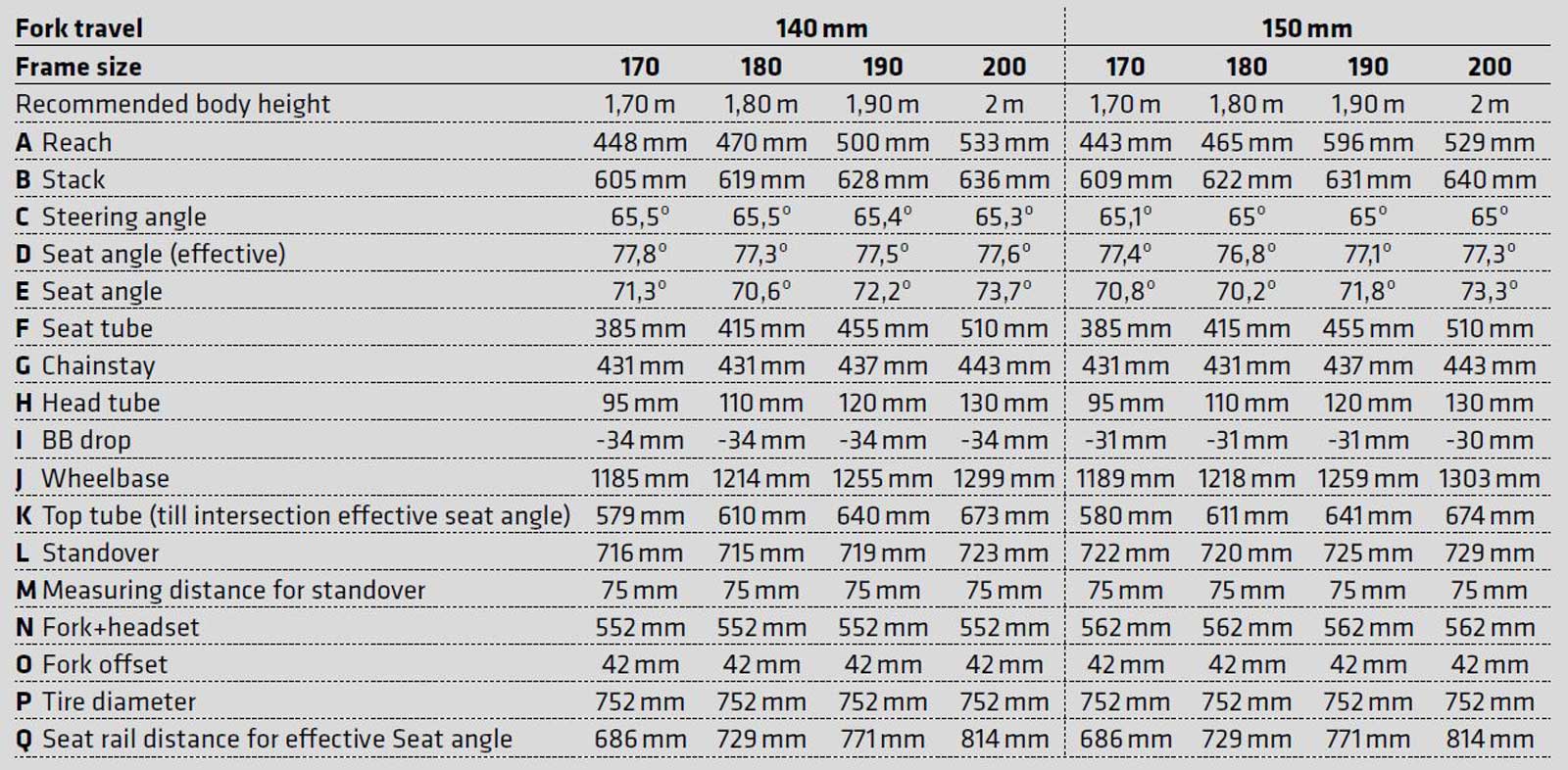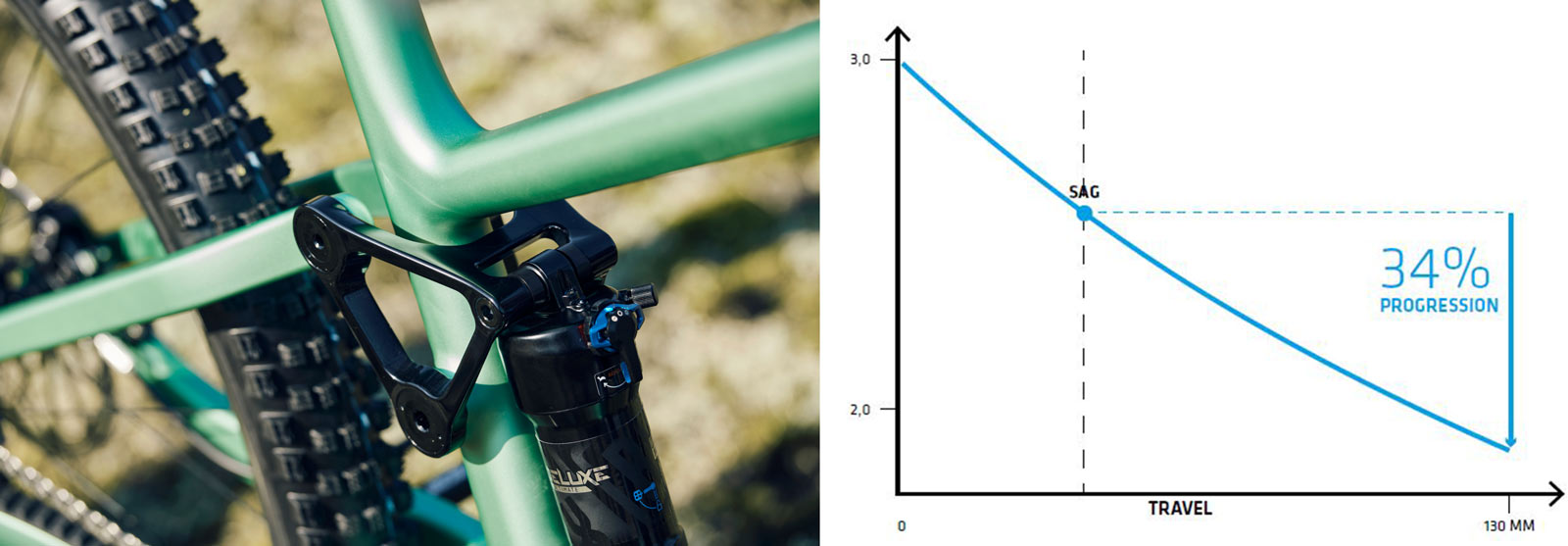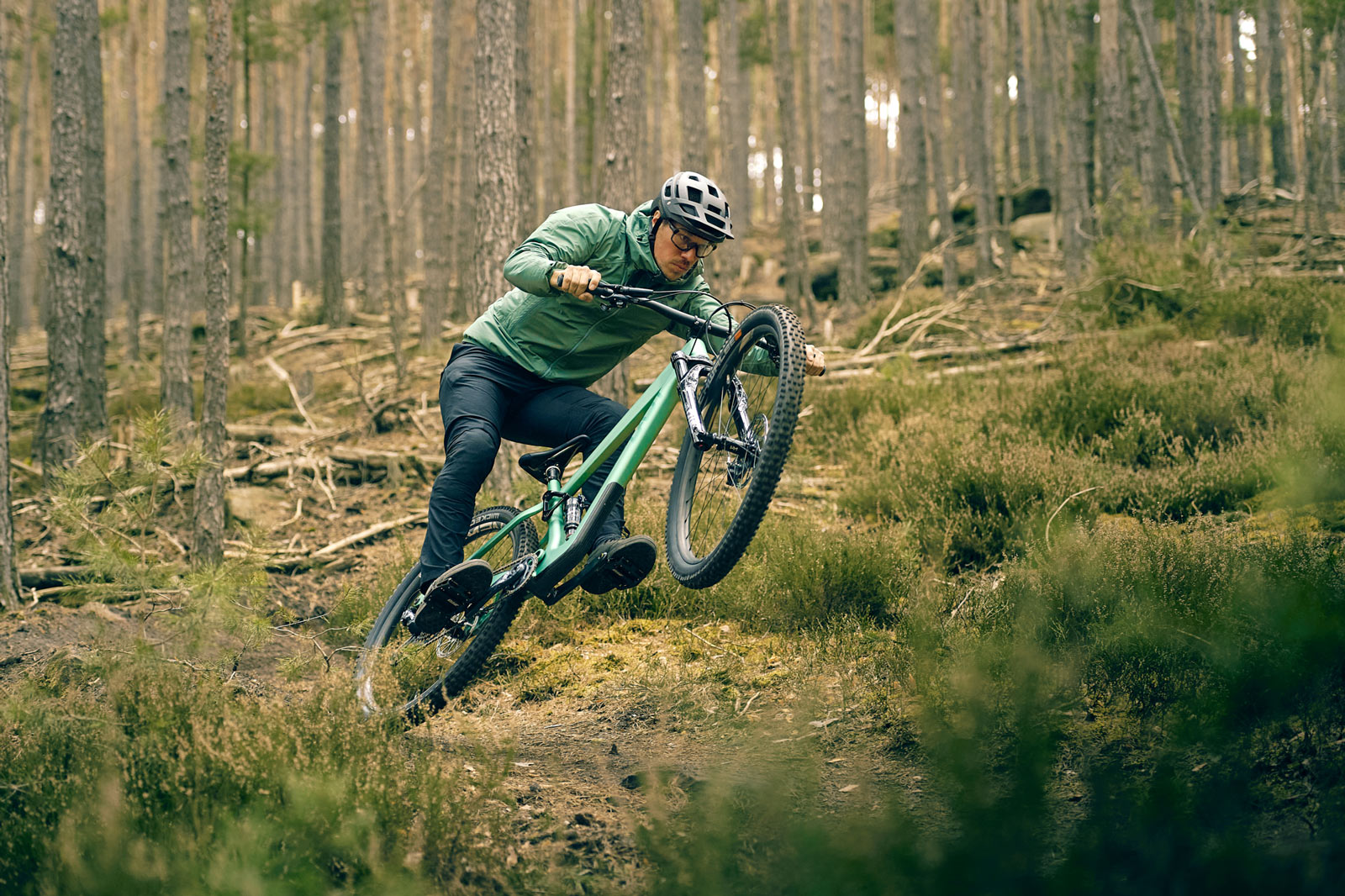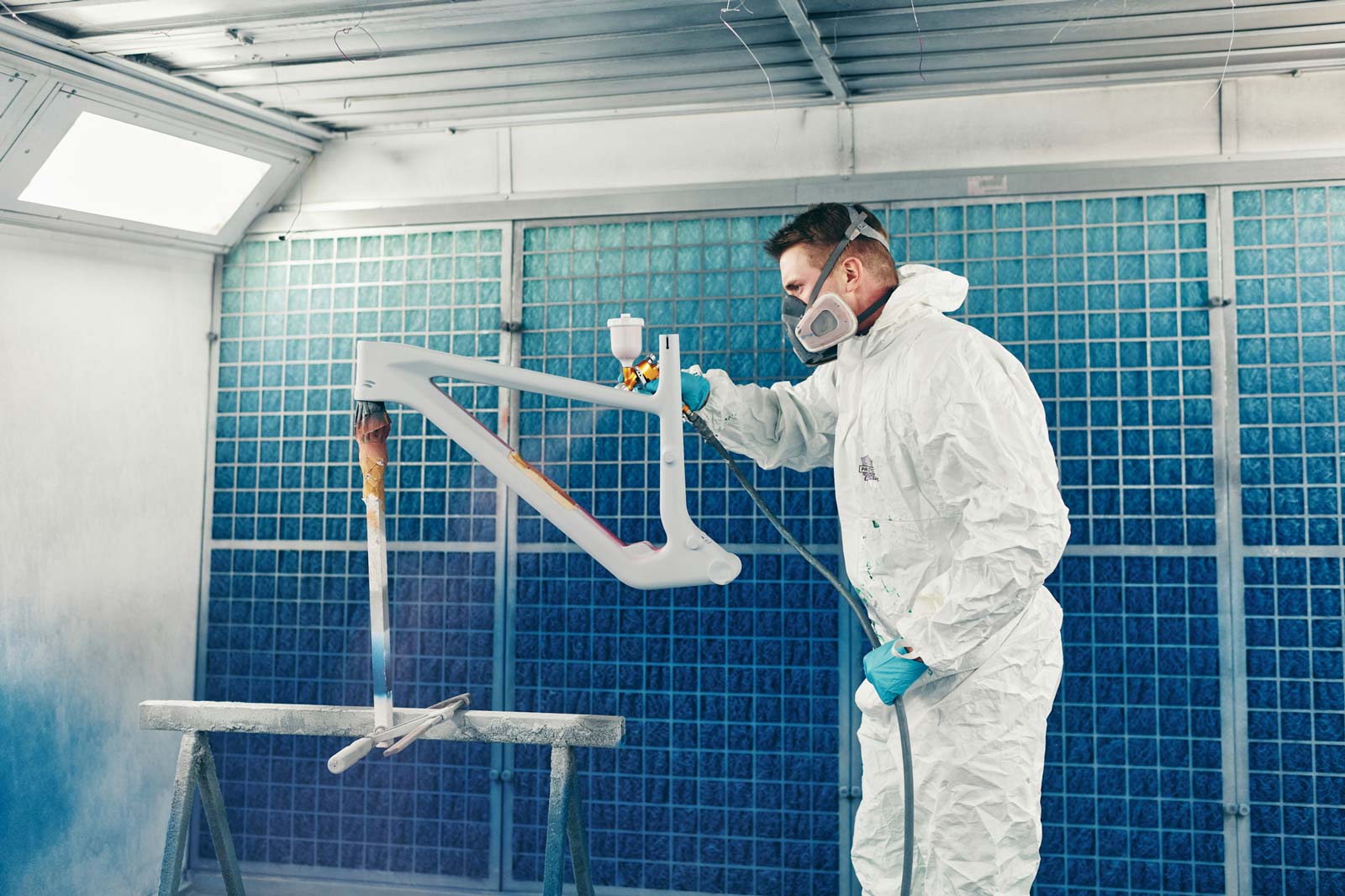Last Bikes has released two new short-travel mountain bikes that share the same 1.79 kg carbon frame; the Last Celos Downcountry Mountain Bike and the Last Asco Trail Bike, made at their HQ in Dortmund, Germany. The Celos sports 120mm of front and rear wheel travel, while the Asco sports 130mm in the rear with a 140mm travel fork. Complete bike weights start from 9.9 kg for the Celos and 10.5 kg for the Asco. Here’s all you need to know about these new flex-pivot featherweights.
Last Celos and Asco
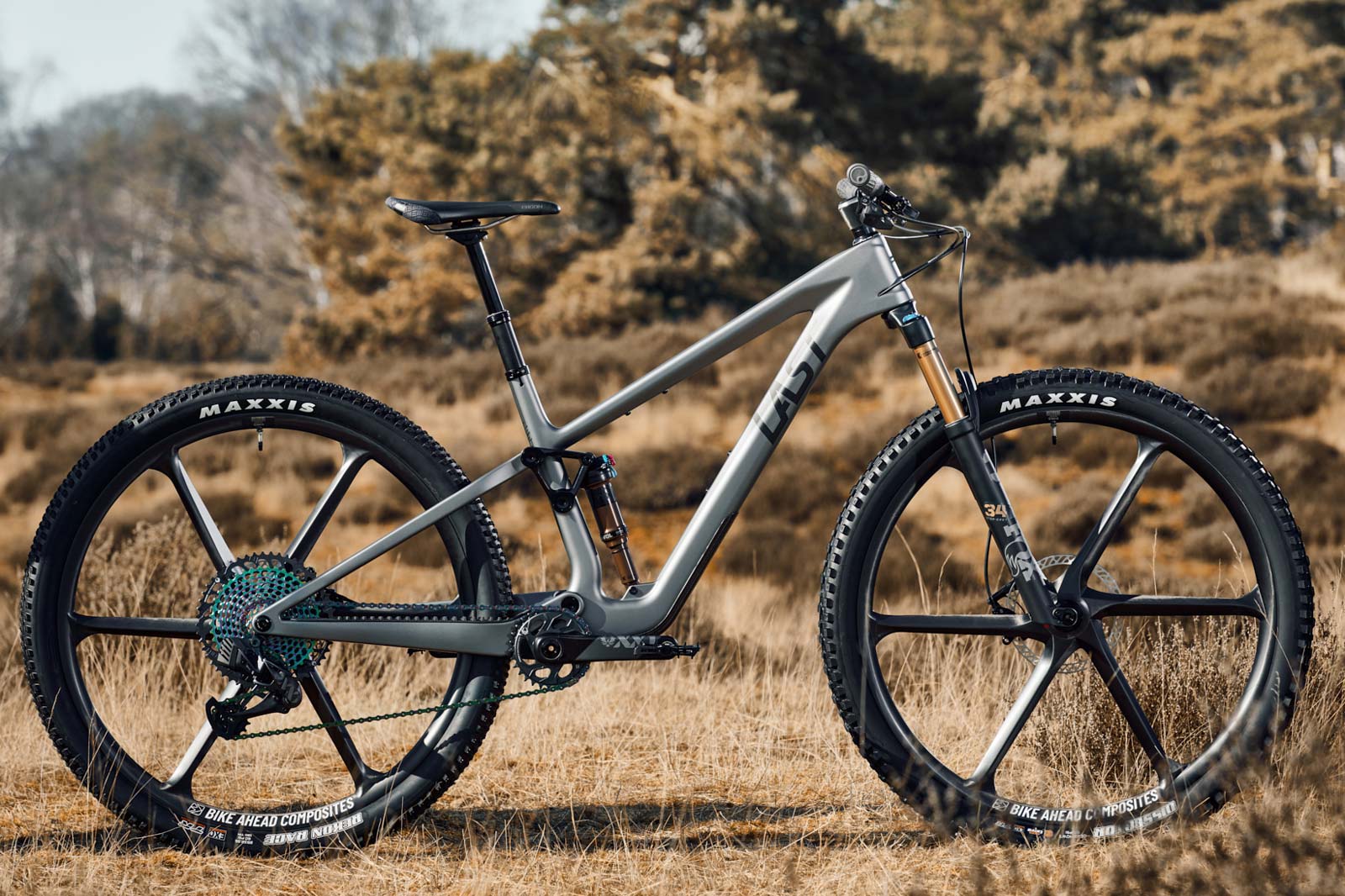
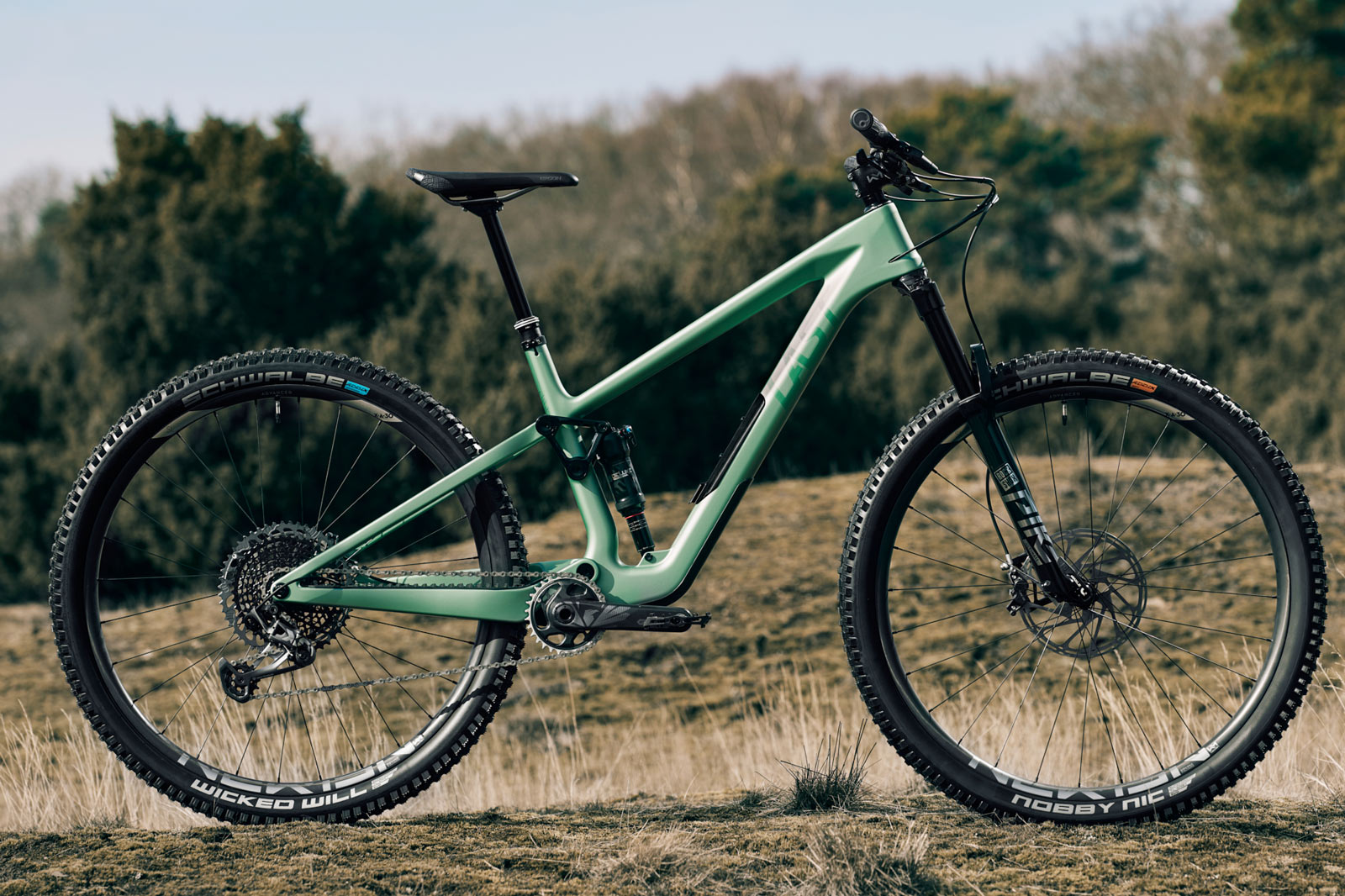
The Last Celos and Asco mountain bike frames run the same flex-pivot linkage proven on the Cinto and Tarvo frames that came before them, negating the need for an additional pivot near the dropouts. Just as those longer travel frames were featherweights in their categories, so it is true for the Celos Downcountry and Asco Trail bike, both running the very same 1.79 kg frame.
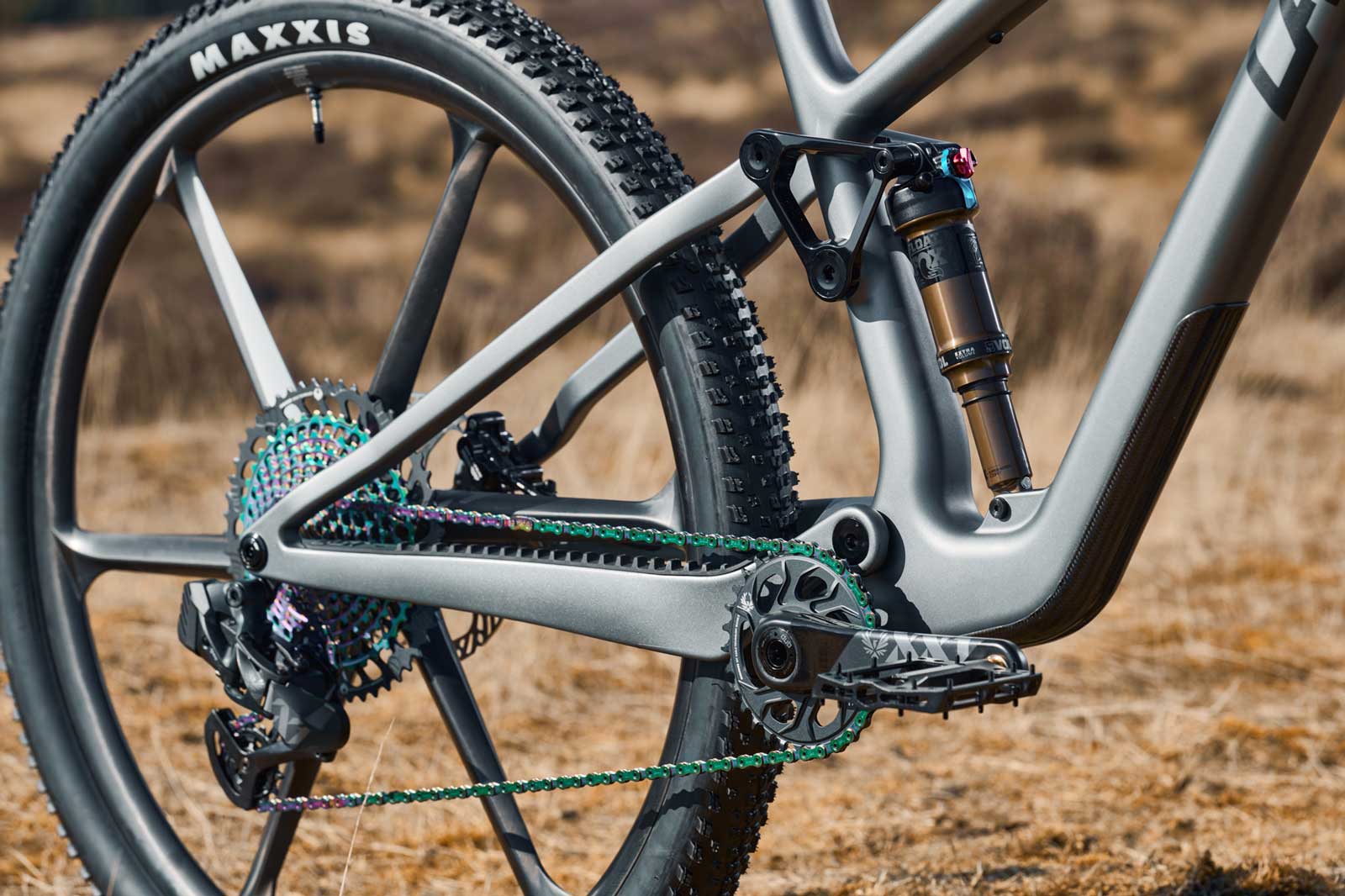
Switching between the two bikes requires swapping out the fork and shock, with no change to frame components. Last says that despite the fact these bikes run the same frame, the distinct ride characteristics arising from different travel numbers and geometries are enough to justify two different names.

There are actually two frames available; a 1.79 kg featherweight which does not feature a frame storage compartment, and the 300g heavier Superduty frame that does. The featherweight frame’s carbon layup is said to use extra stiff and highly stretchable fibers, while resulting in a frame that is rated for ASTM Category 4 usage. Maximum rider weight for the featherweight is 100 kg, increasing to 120 kg for the Superduty option.
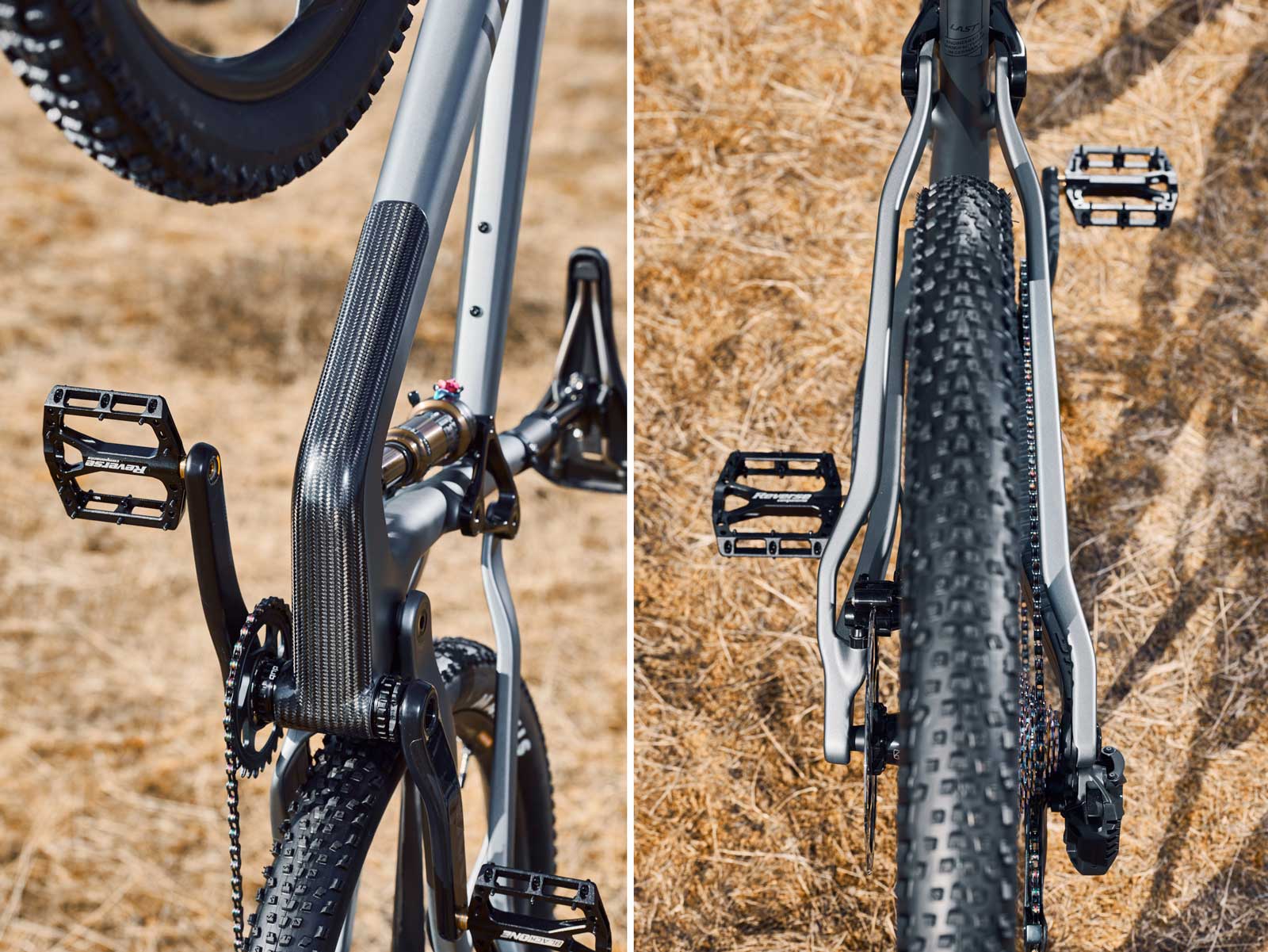
The swingarm is beautifully contoured to give riders maximum heel clearance. The rear brake caliper is tucked inboard of the non-drive side seat stay where it can work with a maximum rotor size of 203mm. The frame also runs the ubiquitously available SRAM UDH hanger.
The Celos and Asco bikes are available in four sizes; 170, 180, 190 and 200, referring to the recommended rider heights in cm (full geometry charts below). Last Bikes are one of a growing number of brands who go the extra mile with their frame sizing, taking a proportional approach not only to chainstay length in relation to the front-center measurement, but also the exact location of pivots.
This means that, no matter what size you’re on, the ride characteristics such as anti-squat (tendency to bob under pedaling) and anti-rise (suspension behaviour under braking), should be almost the same. Feel free to pore over the graphs below if you’re into that.
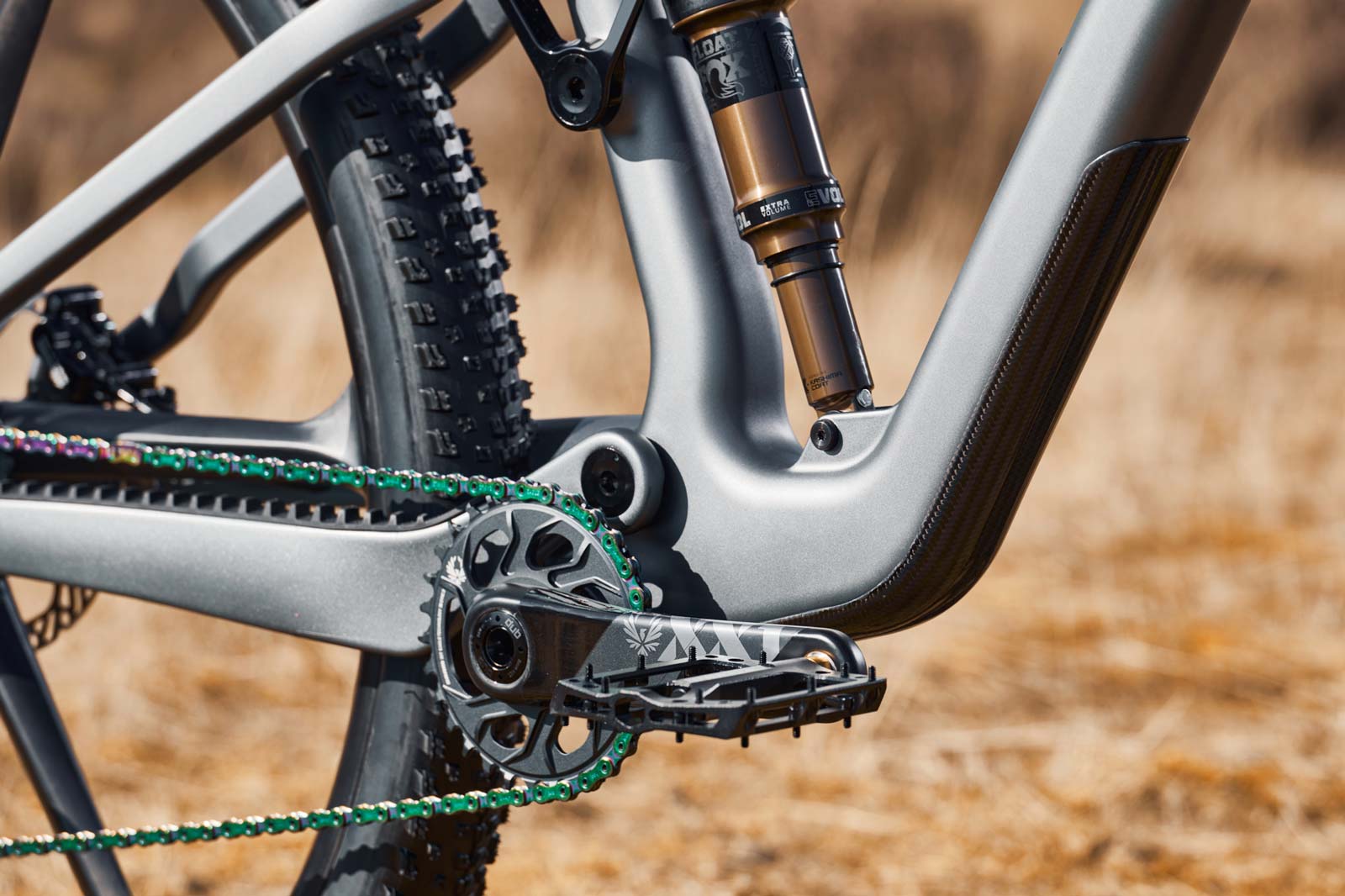
Just out of sight is an ISCG05 adapter plate that allows the mounting of chain guide and bash guard. The frame’s drive side chainstay and seat stay is protected with a soft rubber panel said to reduce noise associated with chain slap. Cable routing is internal, full guided throughout for easy maintenance.
Celos Downcountry MTB
The Celos Downcountry MTB boasts a rather aggressive set of geometry figures, not frequently seen on a bike with just 120mm of rear wheel travel. Reach is extremely generous, spanning a 457mm to 542mm range across the four frame sizes.
The head angle comes in around 66.3°, with effective seat tube angles around 78.2°. Last Bikes do their geometry chart justice by specifying the saddle heights that pertain to the published effective seat tube angles. Chainstays start short at 430mm on the 170, increasing incrementally to a maximum of 443mm on the 200.
The Last Celos runs a very progressive suspension platform given its 120mm rear wheel travel, with a progression of 32% from the sag point to bottom-out. Last Bikes says the suspension is sensitive at the beginning, generating a lot of traction, while bottom-outs are effectively prevented.
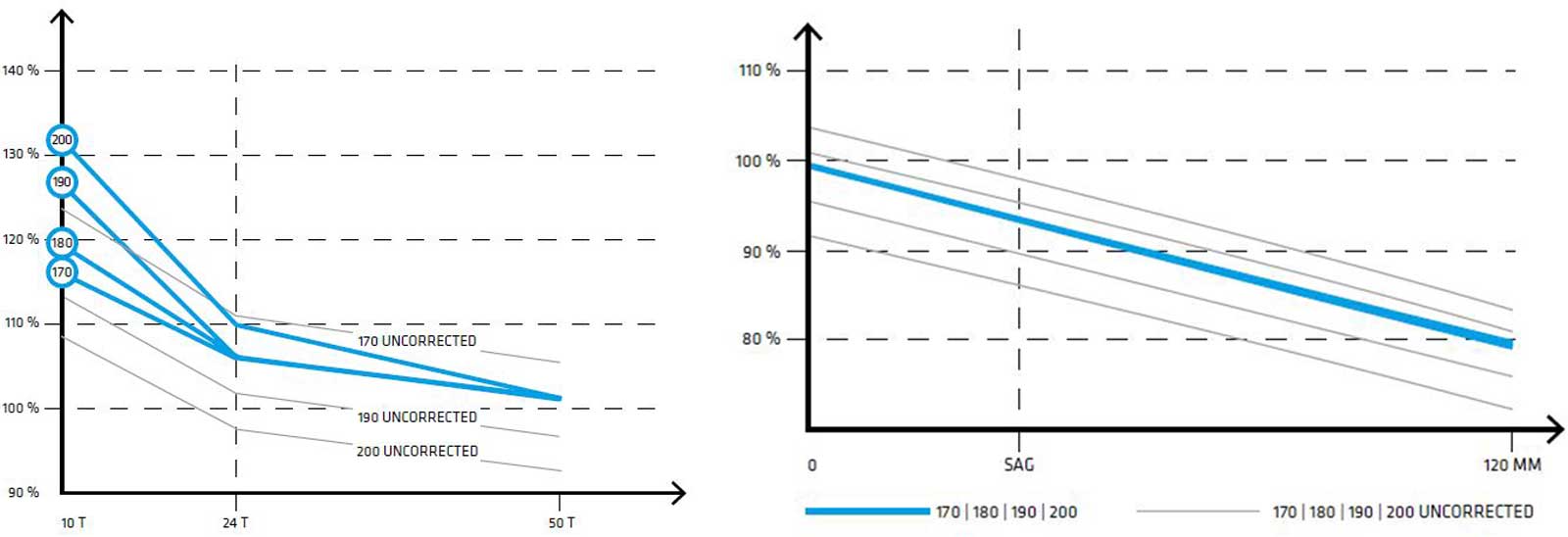
Asco Trail Bike
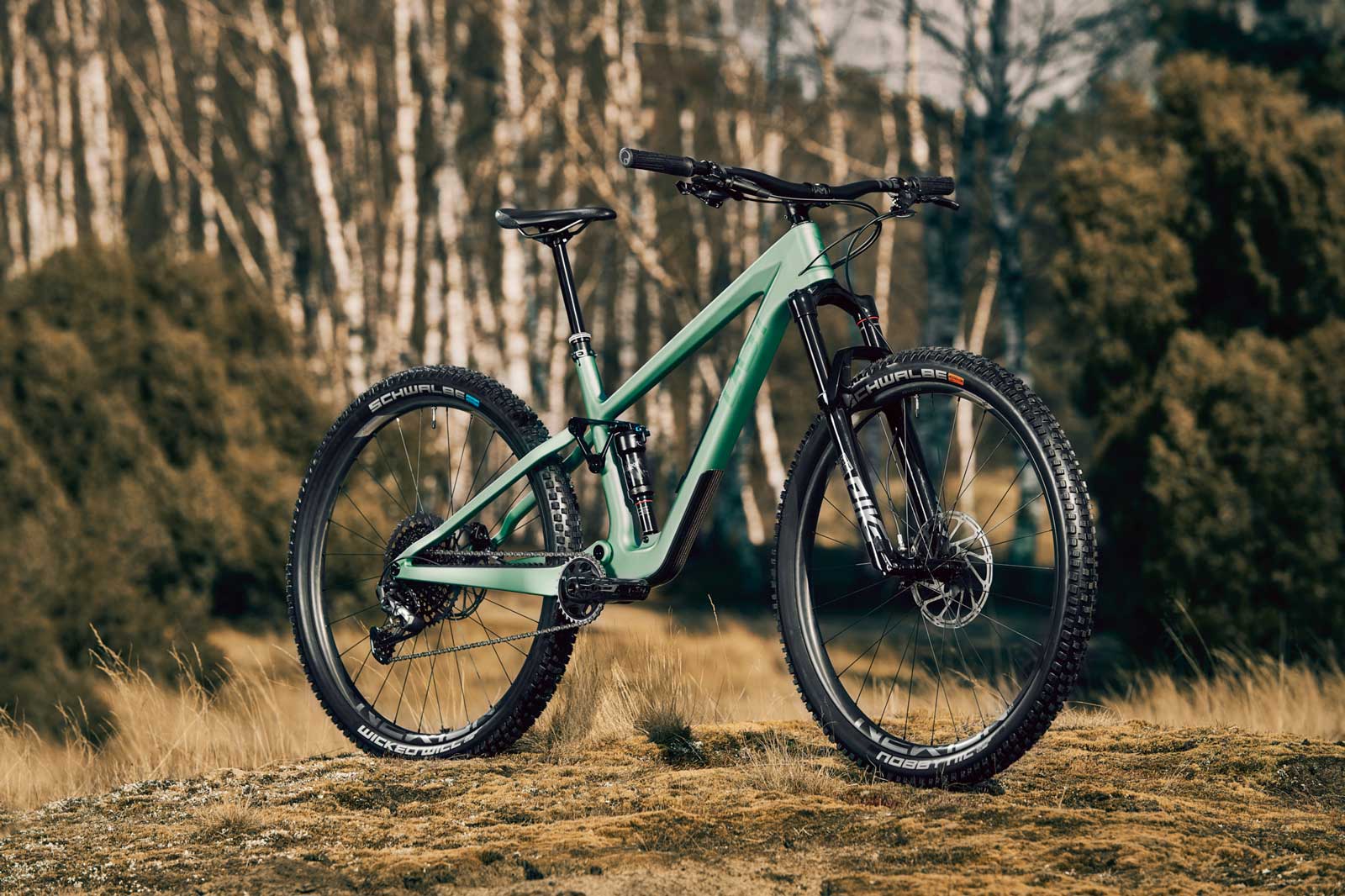
Switching the Last Celos’ 50mm shock out for a 55mm stroke increases its rear wheel travel to 130mm. That change, along with a quick fork swap from 120mm to 140mm, turns the Celos Downcountry MTB into the Asco Trail Bike. It raises the BB by 7mm to a drop of 34mm, and slackens the head tube angle off to ~65.4°. The seat tube angle also goes slacker to an effective ~77.4°. Reach is dialed back a bit too, spanning a 448mm to 533mm range.
The Asco is slightly more progressive than the Celos, with 34% progression measured from the sag point to bottom-out. Last Bikes tells us this amount of progression should avoid the need for multiple volume reducing tokens in air shocks, and even permit the use of a coil shock.

Pricing & Availability
The Featherweight and Superduty frame retail at the same price of €4,399, without a shock. The following frame and shock options are available:
- raw | without shock 4399 €
- raw | Fox Float X Factory Series 4928 €
- raw | Fox DHX2 Factory Series 5118 €
- raw | Rock Shox Deluxe Select+ RT 4598 €
- raw | Rock Shox Deluxe Ultimate RCT 4668 €
- raw | Rock Shox Super Deluxe Select+ RT 4798 €
- raw | Rock Shox Super Deluxe Ultimate RCT 4848 €
- raw | Rock Shox Super Deluxe Coil Ultimate RCT 4899 €
Complete bikes are also available. Last Bikes work closely with customers to spec the bike to each individual’s needs. Prices start from €7,079 for the Celos, and €6599 for the Asco.
Stock colors include the carbon raw uncoated, and grey-, green-, dusky pink- and blue-matte metallic. Custom colors are available for an additional €599.
